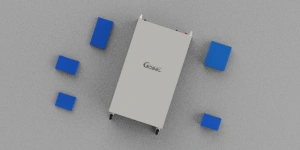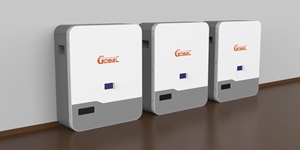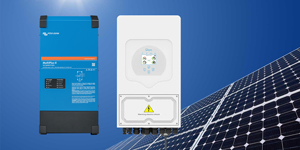LITHIUM ION BATTERY VS LEAD ACID BATTERY PRICE
Lithium Battery Supplier-
Gotion 340Ah LiFePO4 Lithium Battery Cell
Ship from China Get Price
-
CATL 3.2V 120Ah LiFePO4 Lithium Battery Cell
Ship from China Get Price
-
CATL 3.2V 271Ah LiFePO4 Lithium Battery Cell
Ship from China Get Price
-
CALB 3.2V 100Ah LiFePO4 Lithium Battery Cell Wholesale
Ship from China Get Price
-
HiGee 3.2V 120Ah LiFePO4 Lithium Battery Cell Supplier
Ship from China Get Price
-
EVE 3.2V 80Ah Rechargeable LiFePO4 Battery Cell
Ship from China Get Price
-
Solution Battery BMS -
Solution Battery Module
When it comes to selecting a battery for your application, it's essential to consider the cost while also evaluating the performance and durability of the battery. Two popular types of batteries are lithium-ion (Li-ion) and lead-acid batteries. While both batteries have their own advantages and disadvantages, the price is an important factor to consider. In this article, we'll explore the prices of lithium-ion vs. lead-acid batteries and help you make an informed decision. Lead-acid batteries have been the traditional choice for many applications, offering a relatively low upfront cost. However, their lifespan is generally shorter, typically ranging from 2-5 years, depending on the depth of discharge. Lead-acid batteries also weigh more and have a higher self-discharge rate compared to lithium-ion batteries. On the other hand, lithium-ion batteries are known for their longer lifespan, typically lasting 5-10 years, and higher energy density. While the initial cost of lithium-ion batteries may be higher, their overall cost-effectiveness is often better due to their longer lifespan. The price difference between lithium-ion and lead-acid batteries is not drastically different, especially when considering the lifespan. A lithium-ion battery ranging from 10Ah to 100Ah can cost anywhere from $50 to $500, while a lead-acid battery of the same capacity can range from $20 to $200. However, when considering the cost per cycle or the cost per watt-hour, lithium-ion batteries are generally more cost-effective in the long run. When selecting a battery, it's essential to weigh the pros and cons of each type, including the cost, lifespan, and performance. By considering the total cost of ownership, you can make an informed decision about which battery best fits your needs. Li-ion batteries offer a higher upfront cost, but their longer lifespan and better performance make them a more cost-effective choice in the long run.

 Europe Warehouse
Europe Warehouse
























